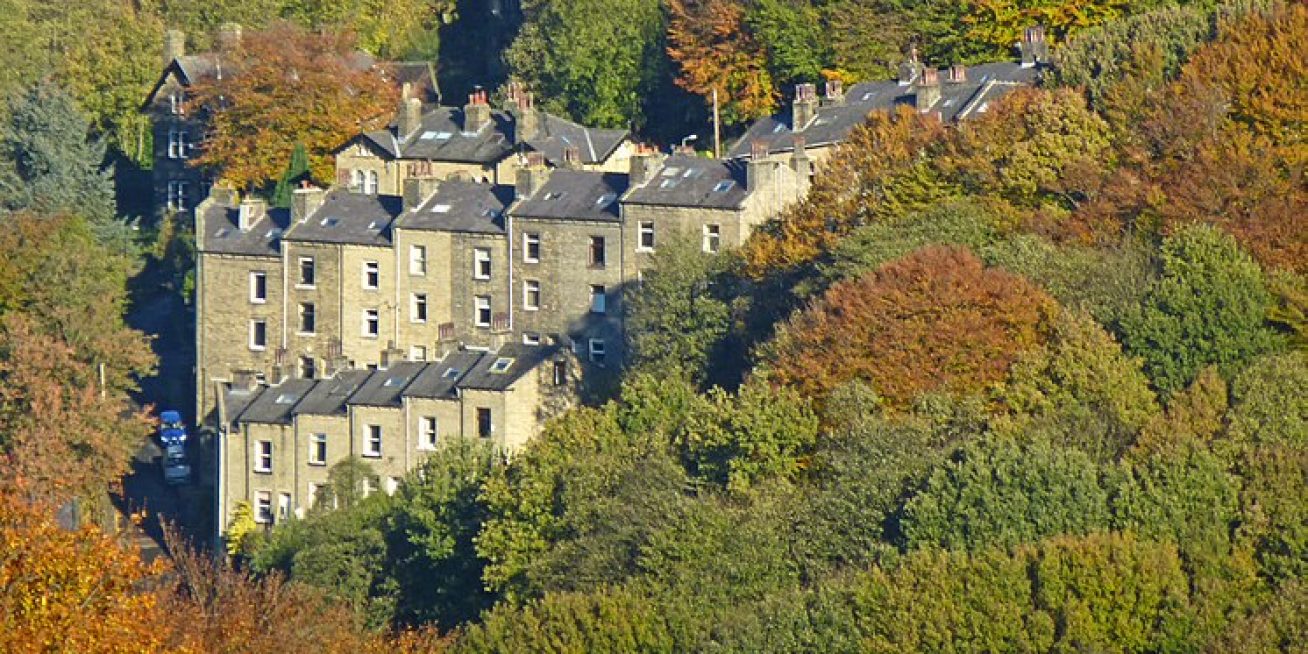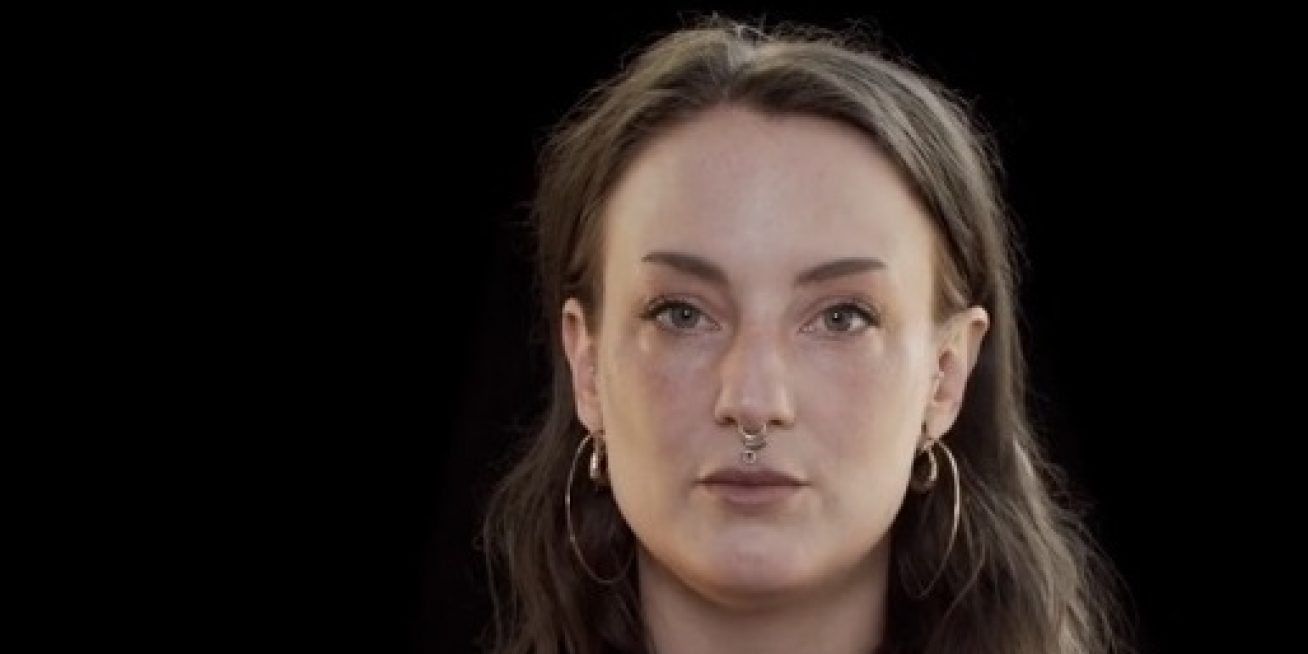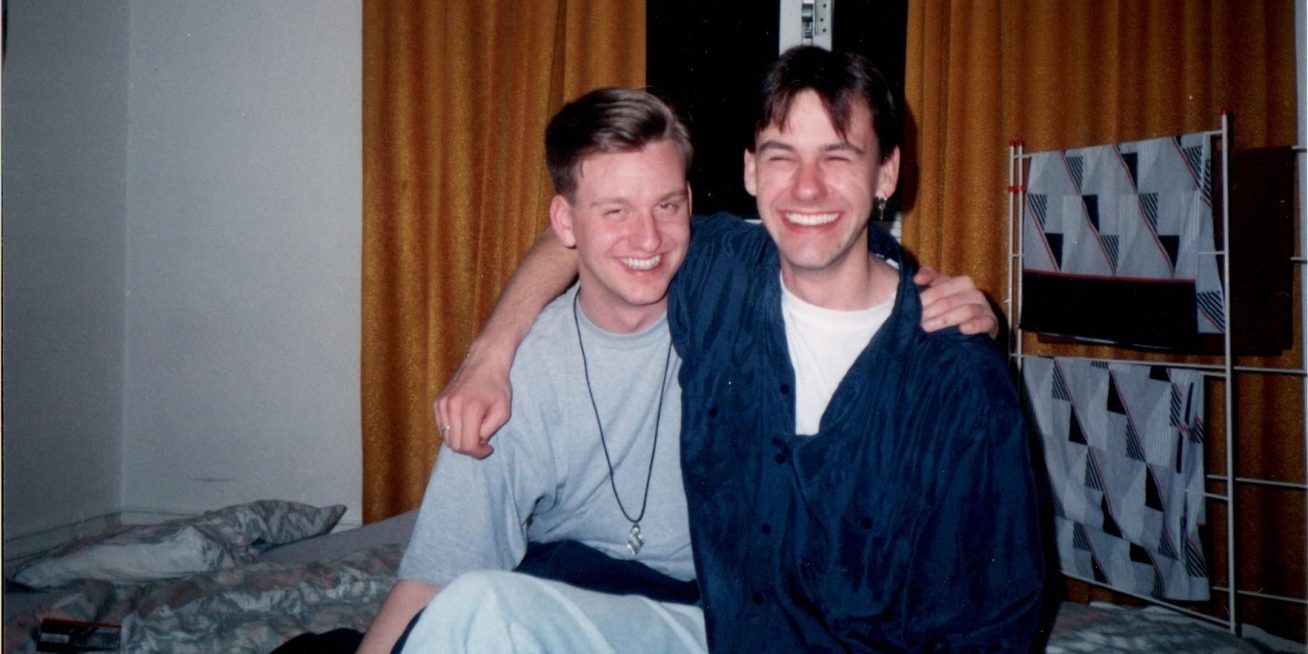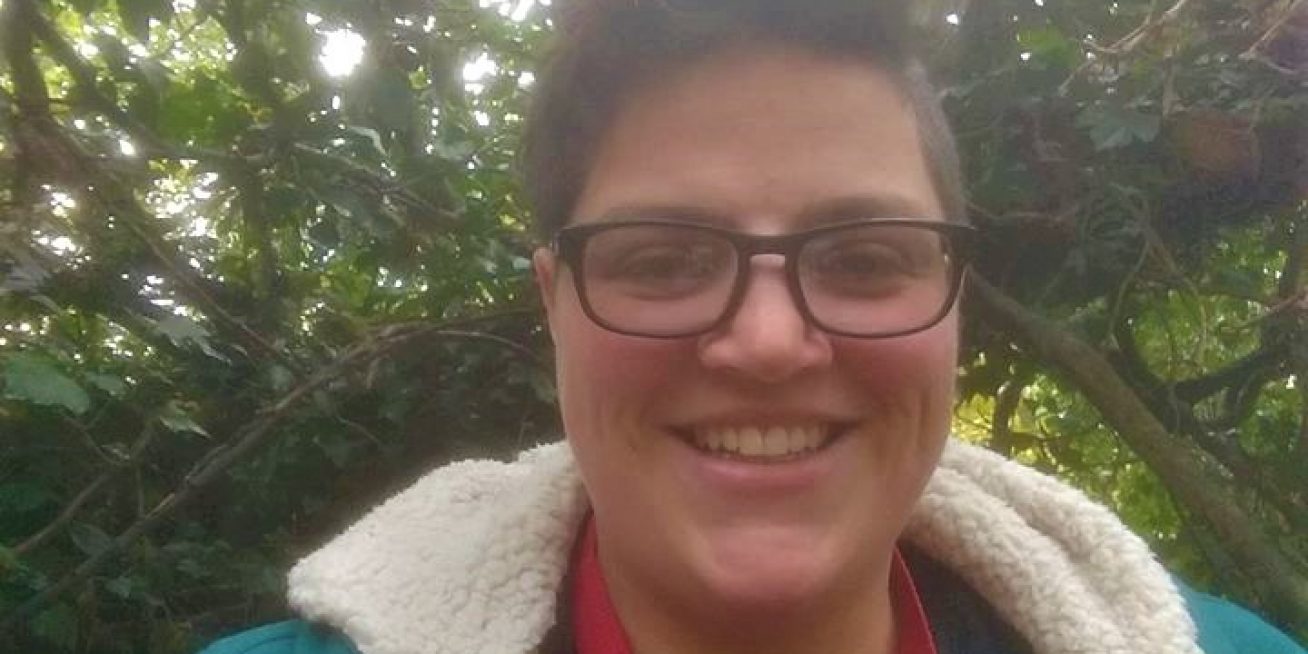The Angels of Freedom
Rob talks about the founding of a volunteer group offering support and information to vulnerable people out on the scene.
TRANSCRIPT
So that was one of the reasons why I stepped away from the rugby team, was to set up the Angels of Freedom. Talked about it quite a lot over the last couple of years, you know, we talked about, kind of, the vulnerability and risk for young people who are accessing the LGBT bars on the scene, looking for support or looking for their self-discovery, their identity, all of that. So we've done a lot of talking about it. I've just never had the time to actually do something with it because of the concentration on the rugby team. So the Angels of Freedom, we are kind of like Street Angels. So there's an organisation called the Street Angels who, they go out late at night in Leeds, they start at 11 o'clock and go through till 4 in the morning and they look after people who are drunk or drugged or incapacitated for whatever reason or, for whatever reason they're vulnerable, so they take care of them, generally spend a bit of time with them until they're in a position to get themselves home, or the Angels can get them home. So I spent a year volunteering with them, getting a bit of experience of it to understand what it's like on the street late at night or early in the morning, dealing with people who are kind of like that. So that's the Street Angels.So the Angels of Freedom, kind of, there's two parts to it. So we look at LGBT community safety and support. We do Friday evening patrols around the Freedom Quarter area, Call Lane, around Wharf Chambers, so concentrating on that area. On our Fridays, we do more of the early intervention, the prevention stuff rather than dealing with people who are vomiting over themselves. And even, a lot of it is just about having a little conversation with people and being a friendly face. We get a lot of people who talk to us about mental health, and I think for us it's really important that, for some people who are isolated, who are lonely, who are going out on the scene by themselves and not really connecting with people while they're there. So for them to have us on the street and them to stop and have like a 5/10-minute chat with us, that could be the only real conversation they have with anyone all night, you know other than ordering drinks at the bar or saying hello to one of the door staff. You know, to actually have a conversation with someone, to lead a conversation, but often the only ones that have that, and you know when people who talk about their mental health, and the challenges around that again for them, just to have that 5 minutes to kind of know the assurance that it's alright. It means a lot to some people. I know it means a lot to us to be able to provide that. Again, we do get a lot of people approaching us asking for advice about what social and support groups are out there so, again, it's about the alternatives to the bar scene – people who aren't really into drinking, people who just don't really do the scene, they don't feel that it's a place for them so what else is there? So we do quite a lot of signposting and have discussions with people around that. So that's kind of one aspect of it.
The other part is around being the community awareness of some of the risks and vulnerabilities and some of the organisations that are there to help mitigate that. So we do a once-a-month session on a range of different topics, and it is just about increasing awareness for people. So you know, we're there on a Friday night but people in the community are there all the time; we need to increase their awareness as well. So the recent one we did, was with, so The Samaritans came along and did a session around their 'Small Talk Saves Lives', so it was very much focused on letting people just talk. And that, you know, people being able to be open, and talking to you does help. You know, it's a really simple thing that small talk saves lives but, you know, for us we really reflected on that and it was just like 'that is exactly what we do!'. You know, on the street on a Friday night so we had them talk.
Then we had – Forward Leeds came along to talk about drug and alcohol addiction, their service, and about their kind of early interventions with people and the support that they offer. Their service is huge, you know, people talk about drugs and alcohol and just think it's one little thing but the services they cover is around domestic violence as a result of that, and you know, it's really quite far-reaching, so they came around and did a session. West Yorkshire Police did a session on Spice, a street drug, to increase our awareness of it, identify it, to know kind of what the signs are and what to do to kind of just support people. And actually we needed to know just that basic sort of, what it was, and we didn't… I certainly didn't know what it was before that, but I have got a good understanding of it now. And we do quite a lot of work with the Transport Police as well; they are responsible for the area in Lower Briggate so around Freedom Quarter, so it's really important for us to do that close work with them, as well as West Yorkshire Police obviously.
Actually, the train station being so close to the area, it's the only place in the city centre that's open 24 hours where you can go and seek support or shelter. If you're in crisis and need help, you know, there's someone there that you can approach 24 hours. So it is really good for us to know about that. We did some work with them over this year to have some Pride Friendly Trains and Sparkle Friendly Trains, so that's just about people who have been out, and they've been to a Pride, or they've been to Sparkle Weekend, having a great time you know, out with their friends, but actually a lot of people will be – although there's not a higher risk while on the train network, people were conscious of risk and intimidated by that. But we want people at the end of the night to not feel that fear, you know, to be reassured that they can get home safely. So just by our presence, kind of on the trains, we've been with the Angels, we've been on some of the trains with the officers from the Transport Police, it's been a really nice experience, you know. And seeing people safe, getting home, whether that's, kind of, going out of Leeds or coming back to Leeds after an event – that's been a really rewarding thing to do.







